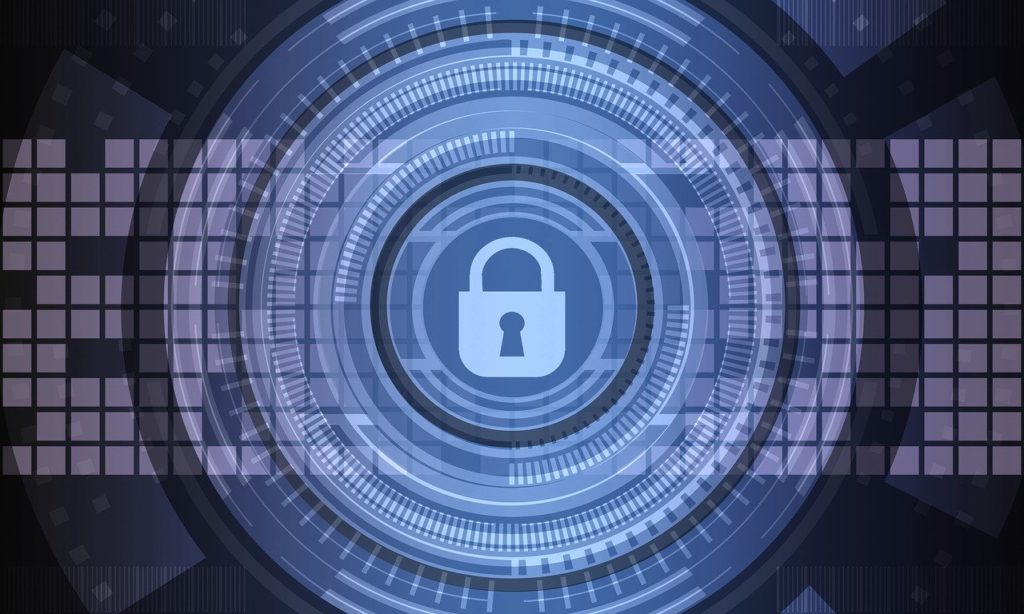Consider the Potential Impact of a Successful Cyber Attack
In today's interconnected world, where digital technologies permeate every aspect of our lives, the threat of cyber-attacks has become a harsh reality. No one is immune to the devastating consequences of a successful cyber-attack, from individuals to large corporations and even nations. The potential impact of such an attack is profound, encompassing financial losses, reputational damage, and even the compromise of national security. This blog post will explore the far-reaching implications of a successful cyber-attack and highlight the urgent need for robust cybersecurity measures.
Financial Losses
One of the most immediate and tangible impacts of a successful cyber-attack is the financial losses it can inflict on individuals and organizations alike. Hackers can gain unauthorized access to sensitive financial information, including credit card details, bank accounts, and personally identifiable information, leading to identity theft and fraud. Businesses reliant on e-commerce platforms can suffer significant monetary losses due to interrupted services, disrupted supply chains, and stolen customer data. Moreover, the costs associated with incident response, investigation, and system recovery can be astronomical.
Reputational Damage
The fallout from a cyber-attack extends beyond financial losses, as organizations face severe reputational damage. Customers and stakeholders need more confidence in a company's ability to safeguard their data and privacy, leading to erosion of trust and potential customer churn. High-profile breaches have a lasting impact on a brand's image, often resulting in long-term damage that may take years to rebuild. Furthermore, the negative publicity generated by a cyber-attack can deter potential customers and partners, impacting future growth opportunities.
Operational Disruption
Cyber-attacks can cause significant operational disruptions, paralyzing critical systems and infrastructure. Ransomware attacks, for example, encrypt essential files and demand payment for their release, effectively crippling an organization's ability to function. The consequences can be dire in the healthcare and emergency services sectors, potentially endangering lives. Even in less critical sectors, such as manufacturing or logistics, interruptions to supply chains or production processes can lead to delays, customer dissatisfaction, and financial repercussions.
Intellectual Property Theft
The theft of intellectual property (IP) through cyber-attacks poses a substantial threat to innovation and economic competitiveness. Advanced persistent threats (APTs) often target corporations and government agencies to steal valuable trade secrets, research findings, and proprietary information. These stolen assets can be sold on the dark web or passed on to rival companies, depriving the rightful owners of their competitive advantage. The long-term consequences include reduced innovation, diminished market position, and a significant economic impact at both individual and national levels.
National Security Concerns
Beyond individual businesses and citizens, successful cyber-attacks can also have far-reaching implications for national security. Governments and critical infrastructure systems, such as energy grids, transportation networks, and communication channels, are prime targets for state-sponsored cyber warfare. A successful attack on these vital systems can disrupt essential services, compromise sensitive government data, and potentially destabilize an entire nation. The consequences may extend beyond financial losses and reputational damage, affecting the social fabric and geopolitical landscape.
As the world becomes increasingly reliant on technology, the potential impact of a successful cyber-attack cannot be underestimated. The financial losses, reputational damage, operational disruptions, intellectual property theft, and national security concerns that arise from these attacks highlight the urgent need for robust cybersecurity measures. Organizations, governments, and individuals must prioritize investing in advanced cybersecurity solutions, employee education and training, and proactive threat detection and response mechanisms. By recognizing the potential impact of cyber-attacks, we can collectively work towards a safer digital environment for everyone.
If you have any questions or are concerned about your organization's cybersecurity, call us at (949) 474-7774. We'll be happy to help.
For more HIPAA information, download our ebook - The Ultimate HIPAA Compliance Handbook.
The enforcement of the HIPAA Security Rule necessitates the establishment of a comprehensive security awareness and training initiative for every member of the workforce, encompassing management personnel as well. We strongly recommend that your team actively engage in the weekly subscription to Compliance Connection newsletters, which are designed to facilitate ongoing compliance efforts.


